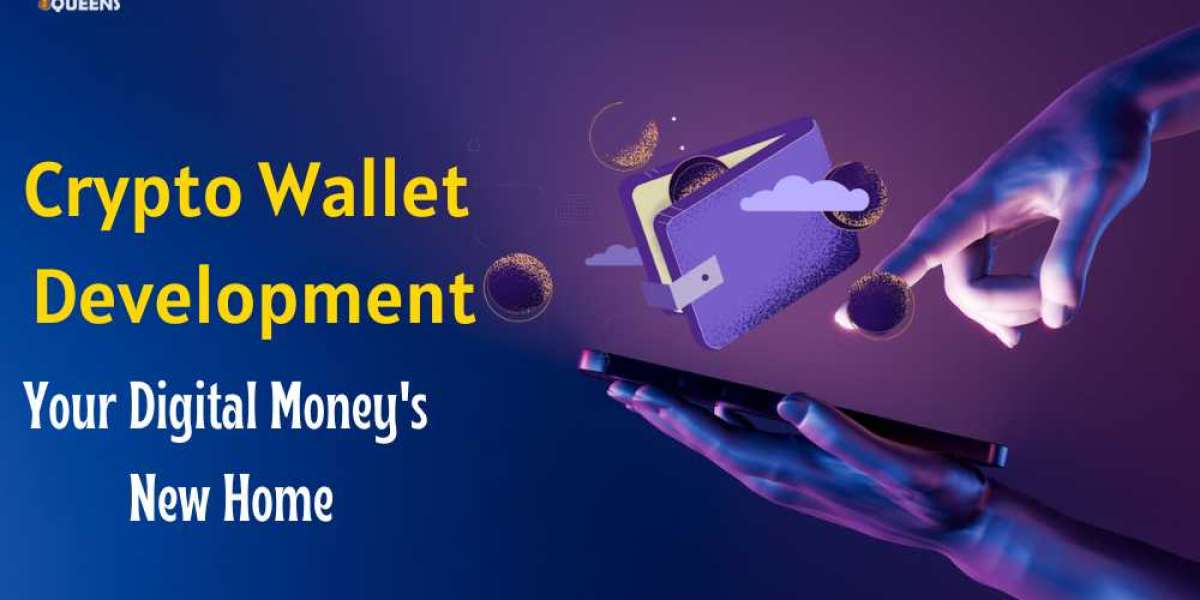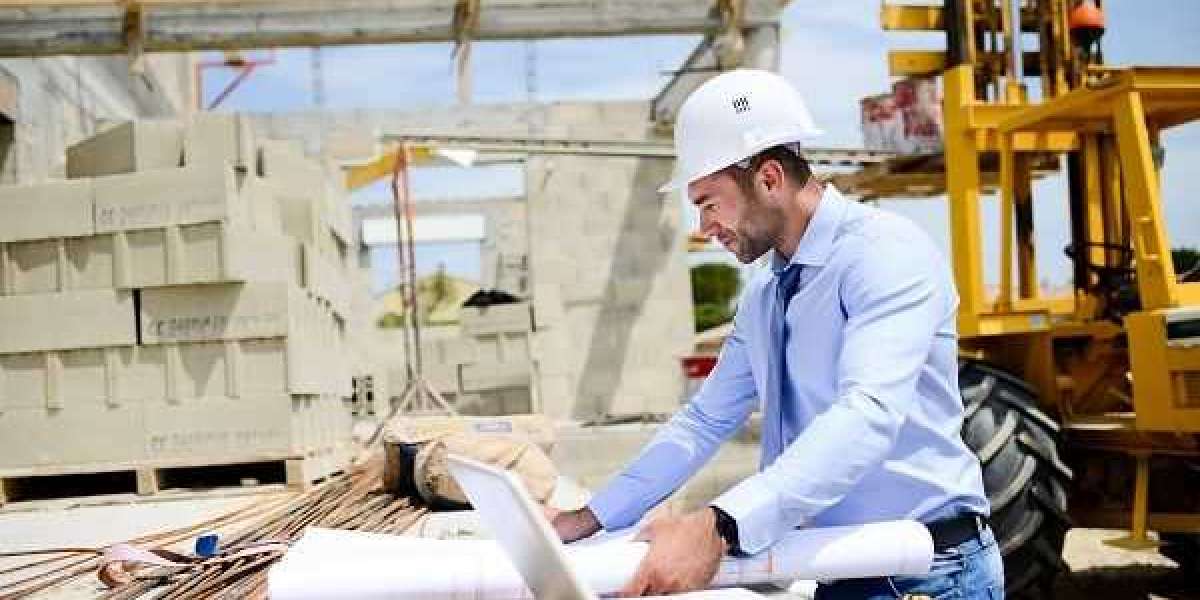In the fast-evolving landscape of cryptocurrency, security remains a main concern, particularly when it comes to Crypto Wallet Development.
Cryptocurrency wallets are digital tools that enable users to store, send, and receive their digital assets.
As the value of cryptocurrencies continues to rise and the adoption of blockchain technology expands, developers must prioritize robust security measures to safeguard users' funds and sensitive information.
Crypto Wallet Development plays a pivotal role in the world of digital currencies. These wallets are like digital pockets that securely store your cryptocurrencies and enable transactions.
They provide a user-friendly interface to manage, send, and receive various crypto assets like Bitcoin, Ethereum, and more. Think of them as digital safes for your virtual money.
As the crypto market grows, these wallets are becoming essential tools, ensuring the safety of your holdings and giving you control over your assets.
They bridge the gap between traditional finance and the exciting realm of cryptocurrencies, empowering individuals to participate confidently.
Encryption and Secure Storage:
Implementing strong encryption techniques is fundamental. Private keys, which grant access to one's funds, should be stored in an encrypted format.
Hardware wallets, which store keys offline, offer an additional layer of security by keeping them disconnected from the internet.
Multi-factor Authentication (MFA):
MFA adds an extra layer of protection by requiring users to provide multiple forms of verification before accessing their wallets. This can include something they know (password), something they have (a mobile device), or something they are (biometric data).
Regular Software Updates:
Developers must stay vigilant and update their wallet software regularly. Updates often include security patches that address vulnerabilities and protect against potential breaches.
Open Source Auditing:
Employing open-source development practices can help enhance security. A community of developers can scrutinize the code for potential weaknesses, reducing the likelihood of undetected vulnerabilities.
Cold and Hot Wallets:
Diversifying between cold wallets (offline storage) and hot wallets (connected to the internet) can mitigate risks. Cold wallets protect the majority of funds, while hot wallets are used for day-to-day transactions.
Penetration Testing:
Regularly subjecting the wallet to thorough penetration testing helps identify vulnerabilities before malicious actors exploit them. Ethical hackers simulate real-world attacks to uncover weak points in the system.
Educating Users
Empowering users with security knowledge is important. Developers can integrate user-friendly educational resources directly into the wallet interface.
This can include tips on creating strong passwords, recognizing phishing attempts, and understanding the importance of safeguarding private keys and recovery phrases.
Decentralized Architecture:
Centralized systems present a single point of failure. Employing a decentralized architecture distributes risk and makes it more challenging for attackers to compromise the entire system.
User Education:
Educating users about best security practices is paramount. Remind them to use strong, unique passwords, be cautious of phishing attempts, and avoid sharing sensitive information.
Recovery Options:
Provide users with secure recovery options in case they lose access to their wallets. This could include backup seeds or multiple authentication methods.
Regulatory Compliance:
Attaching relevant regulations ensures legal protection for both the developers and users of the crypto wallet. Compliance can also help prevent fraudulent activities.
Ending Thoughts:
Crypto Wallet Development requires a careful focus on security. Users give these wallets their valuable assets, and any compromise can lead to harmful consequences.
By including robust encryption, multi-factor authentication, regular updates, and open-source auditing, developers can build wallets that offer the highest level of security, fostering trust and confidence in the world of cryptocurrencies.
As an entrepreneur or startup, you should take into the knowledge of these security measures before launching. To build your platform, analyze the crypto space and find the best Crypto Wallet Development Company that can give a bug-free platform with all security measures.








